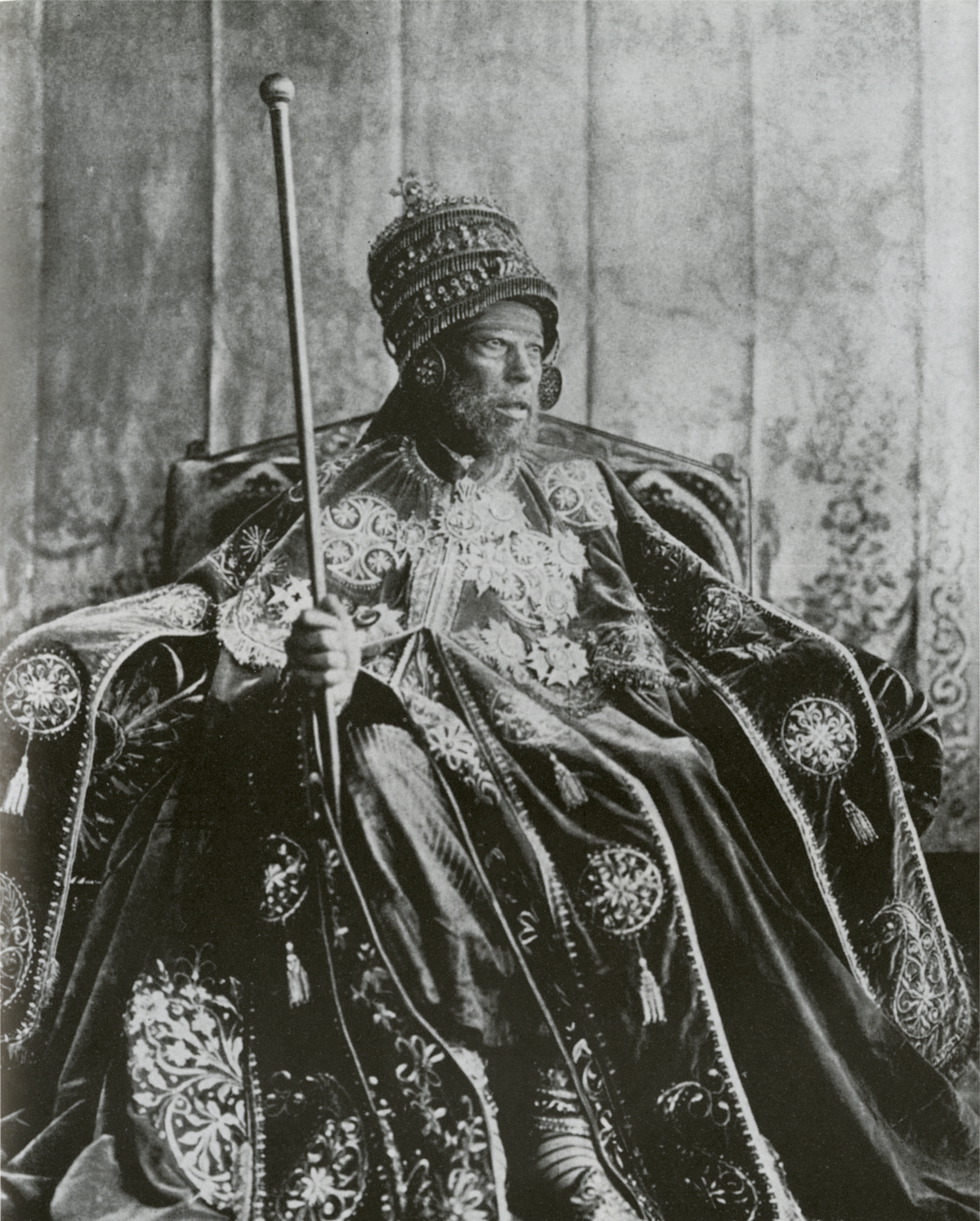
In the context of historical African societies, a captivating complexity of social structures emerges, showcasing a diverse array of leadership roles and unique systems of inheritance. These societies boasted intricate frameworks that accommodated kings, nobles, religious figures, and councils of elders, with some notably embracing matrilineal systems for descent and inheritance.
From the majestic kingdoms of ancient Africa to the vibrant city-states along the continent’s diverse landscapes, the governance and societal hierarchies were as varied as the cultures themselves. Within these societies, leadership positions were often multifaceted, encompassing roles of political, religious, and traditional significance.
One striking feature among certain African societies was the matrilineal system, where lineage, inheritance, and family ties were traced through the mother’s line. This departure from patrilineal traditions, which are more common in many cultures worldwide, showcased the prominence of women in these societies and their significant roles in familial lineage.
Notably, the presence of kings, queens, and rulers within these societies often had broader implications beyond governance. They served as custodians of tradition, spiritual leaders, and arbiters of justice. The nobility and elite played pivotal roles in maintaining societal order and preserving cultural heritage.
Religious leaders held immense sway, guiding communities through spiritual rites, rituals, and beliefs. Their influence extended into matters of governance, ethics, and community cohesion.
Councils of elders formed the backbone of decision-making and governance in many African societies. Their wisdom, acquired through experience and tradition, was highly respected, serving as a guiding force in settling disputes, advising rulers, and shaping communal policies.
The intricate social structures of historical African societies offer valuable insights into diverse models of governance, cultural practices, and societal harmony. They reflect the richness of Africa’s heritage and underscore the significance of inclusivity, diversity, and the multifaceted roles played by different segments of society.
As the world continues to explore and appreciate the historical legacies of Africa, these complex social structures stand as a testament to the continent’s diverse and sophisticated societal organizations, leaving an indelible mark on global history.
